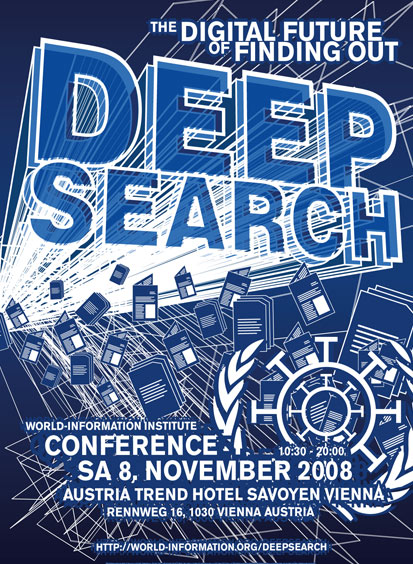
Copyright coalition: Piracy more serious than burglary, fraud, bank robbery
26 June, 2008 - 14:11 by felixThis is already a year old, but it's always good to have this reference at hand. Therefore it's noted here.
NBC/Universal general counsel Rick Cotton suggests that society wastes entirely too much money policing crimes like burglary, fraud, and bank-robbing when it should be doing something about piracy instead.
Swedish Left Party Wants to Legalize Piracy
10 June, 2008 - 18:59 by felixIt really seems that it now becomes politically acceptable, at least in Europe, to see p2p file sharing not only as socially acceptable (in order to protect privacy and freedom of speech) but even as beneficial.
This Sunday, the Swedish Left Party voted in favor of a motion calling for the legalization of sharing copyrighted files for personal use. The party, which currently holds 22 seats in the Swedish parliament, sees piracy as something positive, much like public libraries.
30 Years of Tactical Media (book chapter)
19 May, 2008 - 12:36 by felix30 Years of Tactical Media
Felix Stalder
Tactical media as a practice has a long history and, it seems save to predict, an even longer future. Yet its existence as a distinct concept around which something of a social movement, or more precisely, a self-aware network of people and projects would coalesce has been relatively short lived, largely confined to the internet's first decade as a mass medium (1995-2005). During that time Geert Lovink and David Garcia, two Dutch media activists/theorists at the heart of this network, defined Tactical Media, as
what happens when the cheap 'do it yourself' media, made possible by the revolution in consumer electronics and expanded forms of distribution (from public access cable to the internet) are exploited by groups and individuals who feel aggrieved by or excluded from the wider culture. Tactical media do not just report events, as they are never impartial they always participate and it is this that more than anything separates them from mainstream media.2
Like so many other things that are now common in our informational lives, the roots of tactical media lie in the cultural innovations of radical social movements that sprang up in the late 1960s. Not only did they begin to exploit technological changes enabling to self-produce media but they created entirely new ideas of what the media could be: not just conduits for more or less sophisticated state propaganda (as in Althusser's famous analysis of the “ideological state apparatuses”3) or as a source of “objective” information provided by a professional (enlightened) elite. Rather, they reconceptualized the media as means of subjective expression, by people and for people who are not represented by the mainstream.













